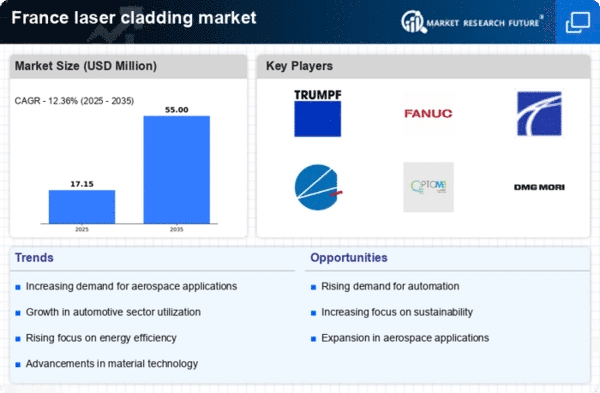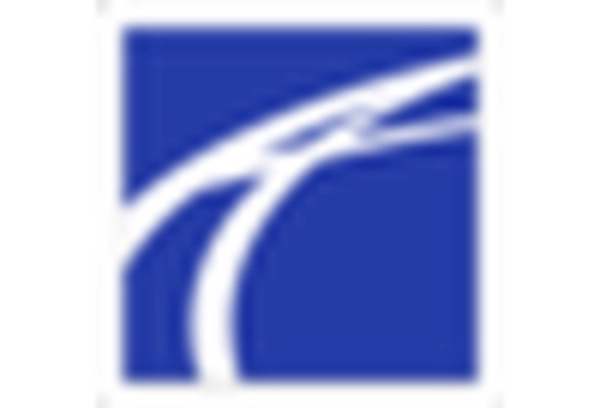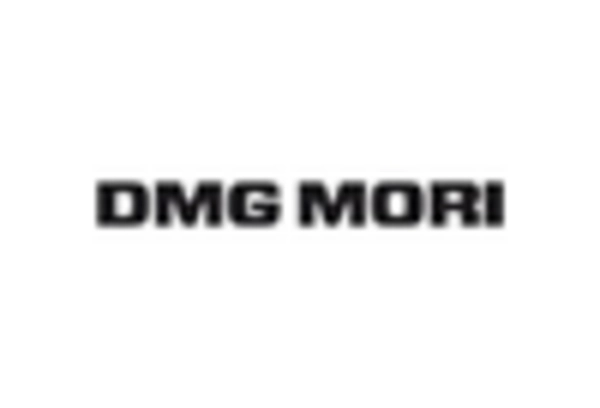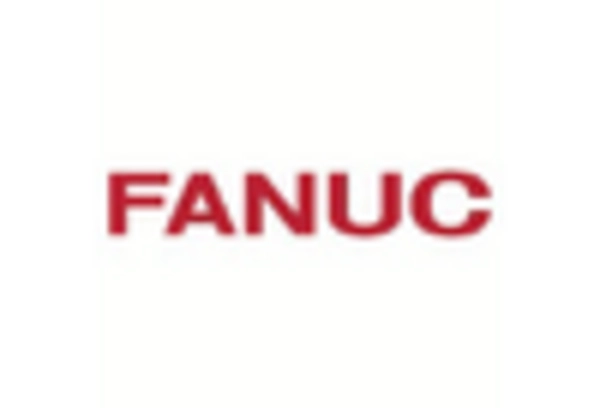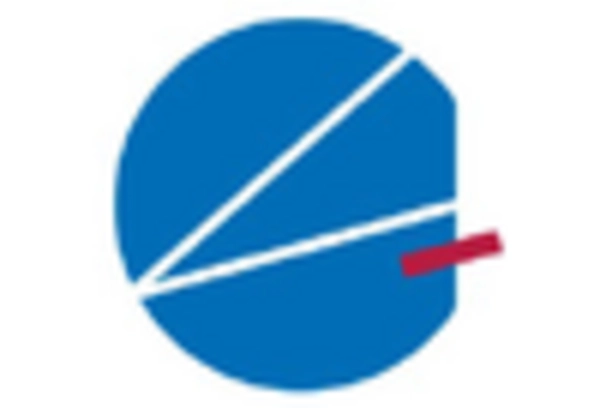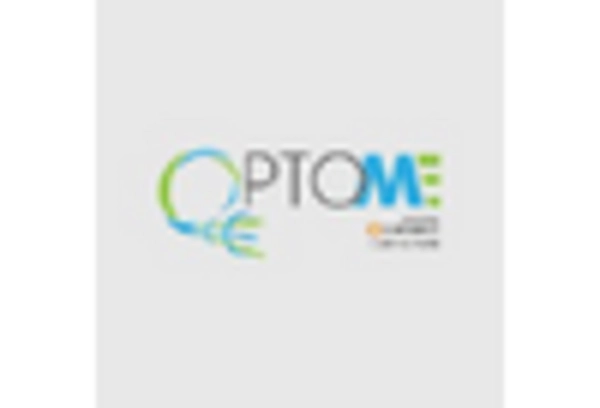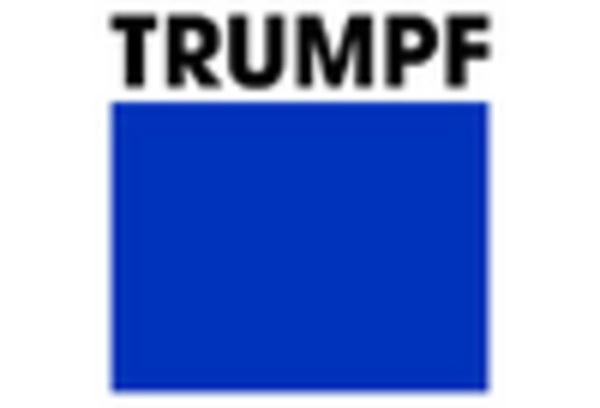Rising Demand in Aerospace Sector
The aerospace sector in France is experiencing a notable increase in demand for advanced manufacturing techniques, including the laser cladding market. This technology is particularly valued for its ability to enhance the performance and longevity of components used in aircraft. As the industry seeks to improve fuel efficiency and reduce emissions, the adoption of laser cladding for repairing and coating parts is likely to rise. Reports indicate that the aerospace industry in France is projected to grow at a CAGR of approximately 4.5% over the next five years, which could significantly boost the laser cladding market. The ability to apply coatings that withstand extreme conditions makes laser cladding an attractive option for manufacturers aiming to meet stringent regulatory standards.
Advancements in Manufacturing Processes
The laser cladding market is poised for growth in France due to advancements in manufacturing processes. Industries are increasingly adopting automation and precision engineering, which align well with the capabilities of laser cladding technology. This method allows for precise material application, reducing waste and improving efficiency. As manufacturers strive to enhance productivity, the integration of laser cladding into production lines is becoming more prevalent. The French manufacturing sector is expected to grow by approximately 3% annually, which could positively impact the laser cladding market. Furthermore, the ability to customize coatings for specific applications may attract more companies to invest in this technology, thereby expanding its market presence.
Increased Investment in Renewable Energy
France's commitment to renewable energy sources is driving growth in various sectors, including the laser cladding market. As the country aims to transition to greener energy solutions, there is a rising need for durable components in wind turbines and solar panels. Laser cladding technology offers enhanced wear resistance and corrosion protection, which are essential for the longevity of these renewable energy systems. The French government has allocated substantial funding, estimated at €30 billion, towards renewable energy initiatives, which may lead to increased demand for laser cladding applications. This investment not only supports the environment but also stimulates the laser cladding market by creating new opportunities for manufacturers to innovate and expand their product offerings.
Regulatory Compliance and Quality Standards
The laser cladding market in France is influenced by stringent regulatory compliance and quality standards across various industries. As companies strive to meet these regulations, the demand for high-quality coatings and repairs is increasing. Laser cladding technology offers precise control over material properties, ensuring that components meet the required specifications. Industries such as aerospace, automotive, and energy are particularly affected by these standards, which may drive the adoption of laser cladding solutions. The French government has implemented regulations that require manufacturers to adhere to specific quality benchmarks, potentially increasing the market size for laser cladding. This focus on compliance not only enhances product reliability but also fosters innovation within the laser cladding market.
Growing Focus on Repair and Maintenance Solutions
In France, there is a growing emphasis on repair and maintenance solutions across various industries, which is beneficial for the laser cladding market. Companies are increasingly recognizing the cost-effectiveness of repairing worn-out components rather than replacing them entirely. Laser cladding provides a viable solution for restoring the functionality of critical parts, particularly in sectors such as automotive and manufacturing. The market for repair services is projected to grow by 5% annually, indicating a strong potential for laser cladding applications. This trend not only extends the life of equipment but also aligns with sustainability goals, making it an attractive option for businesses looking to optimize their operations while minimizing waste.


